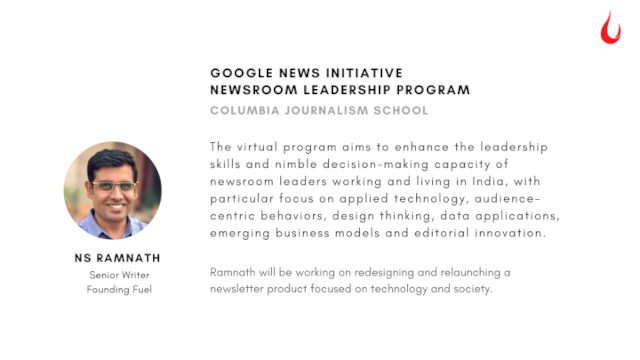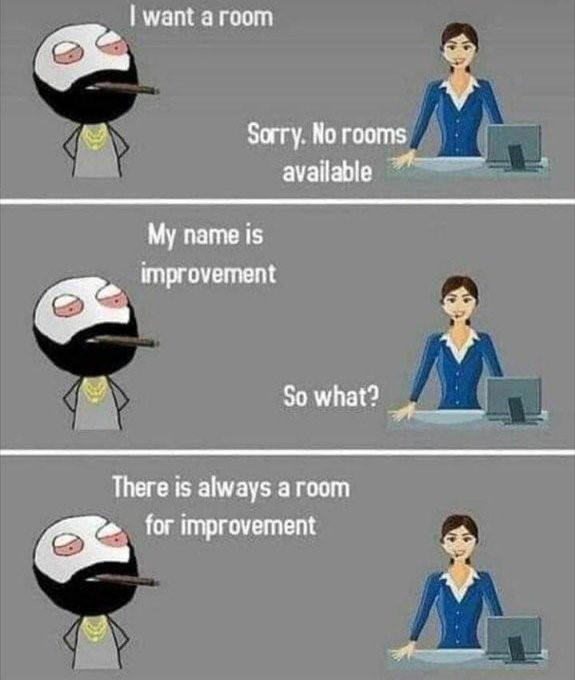[From Unsplash]
Good morning,
The problem America must deal with right now is one of too few people. Just 330 million of them. If it has to maintain its position in the world as a superpower of consequence, the country must repopulate and open the doors to immigrants, argues Matthew Yglesias in his very interesting book One Billion Americans.
“A billion Americans won’t turn the country into an overcrowded wasteland; it will be like France—less packed than Germany or Italy. It won’t be nearly as dense as the United Kingdom, and we almost certainly couldn’t become as dense as England no matter how hard we tried. Like any patriotic American, I have my doubts about all those countries (some don’t put enough ice in their drinks, and some have weird ventless dryers that don’t actually dry clothing), but they’re all perfectly pleasant places that people from all over the world visit happily.
“One billion Americans won’t make us overcrowded; we’re extremely undercrowded today—and significant parts of the country are depopulating.
“If you go out to eat in a small town that has only one restaurant, it’s unlikely to be very good. Not because people who live in small towns don’t appreciate good food or can’t master cooking but because the basic economics of the situation make it challenging. Without many potential customers, a restaurant needs to try to be a ‘something for everyone’ kind of place that caters to all kinds of tastes rather than focusing on anything in particular. There are lots of restaurants like that in big cities and major suburbs too, but they’re just uniformly not very good because fundamentally the business model is being broadly acceptable rather than excellent. But in a town with few residents that’s essentially the only model that works.”
Have a good day!
An announcement
We are absolutely delighted to share with you that our colleague NS Ramnath has been chosen as a Fellow at the Columbia School of Journalism for the Google News Initiative Leadership Program. Over the next six months, he will stay engaged with thought leaders on what it takes to build a newsroom for the future. At Founding Fuel, we look forward to implementing the learnings he brings. And a shout out with best wishes to friends and colleagues from other media entities who will be a part of this program.

Whose crisis is it?
It is with much concern that we are watching and trying to stay updated on developments in China. At the time of writing this, news was emerging from Shanghai that coronavirus infections are on the rise in the city and the government is at work to enforce a ‘zero Covid policy’. It means strict lockdowns are back. How this may impact the rest of the country remains to be seen because Shanghai is the hub of consumer spending.
Earlier this month when the tech hub of Shenzhen went into a lockdown, all of us were left wondering, what next? Technology companies the world over think of this as their hub and it triggered a question in the minds of many people. Ought alternative supply chain hubs be thought about to insulate the global economy in the future? This is a question that Adam Tooze addresses in his podcast.
“I have to say, I personally don’t find it terribly convincing. After all, we had the mother, the daddy, the grandaddy, the grandmother of all shocks, you know, with Covid-19 in 2020. We’ve never seen anything like it. And what happened to world trade? It bounced back. I don’t think we are going to get massively redundant supply chains for chips or smartphones or cars because it’s simply too expensive to keep that kind of reserve capacity in the system. What we are likely to get is a series of boom-bust cycles provoked by shortages.
“When we say we’re dealing with a supply chain crisis, I mean, whose crisis is it? I mean, it’s certainly a problem for the consumers, but you have to ask yourself: After all, are the companies involved really losing profit as a result of this? At that point, it becomes serious, and people have to change their business models. So I think there’s going to be an adjustment, but it will be driven by the calculus of profit and loss. I don’t think it’s going to be driven by geopolitics. The Biden administration’s efforts so far to produce uncoupling from China have been signally unsuccessful, and they’re not really getting buy-in either from American businesses or America’s security policy partners in the rest of Asia, who just simply have too much to lose in their economic connections with China.”
Dig deeper
Humane tech
The tech industry, which has been so focused on growth, has been struggling with the question of ethics: how to make money, while solving problems for the customers, without creating new ones for the society at large. We came across an interesting online course on how to build tech ethically. This is what Wired had to say about the course.
“For people who have spent years studying the harmful externalities of the tech industry, the course might feel short on insight. Yes, social media companies exploit human weaknesses—what’s new? But for those just arriving to those ideas, it provides some useful jumping off points. One module focuses on the psychology of persuasive tech and includes a ‘humane design guide’ for creating more respectful products. Another encourages technologists to identify their highest values and the ways those values interact with their work. At the end of the lesson, a worksheet invites them to imagine sipping tea at age 70, looking back on their life. ‘What’s the career you look back on? What are the ways you’ve influenced the world?’
“Subtle? Not exactly. Even still, Fernando believes the tech industry is so badly in need of a wake-up call that these worksheets and journal prompts might give tech workers a moment to consider what they’re building. Suparna Chhibber, who left a job at Amazon in 2020, says the pace of the tech industry doesn't always leave room for people to reflect on their purpose or values. ‘People get paid a lot to push things through, and if you’re not doing that, then you’re basically failing,’ she says.”
Dig deeper
- Can an online course help Big Tech find its soul? (Wired)
- Foundations of humane technology (online course)
FF Conversations: Arun Maira on the entrepreneurial model
You have circulated a very interesting article on "the entrepreneurial lens on things that matter”. It highlights the views of Mallaby in his book The Power Law, which you say has taken a sympathetic view of the entrepreneurial model that has produced Amazon etc. You have asked for comments, I have one.
The model of entrepreneurship that is being ‘defended’ is founded on the paradigm of ‘creative destruction’, which is a foundational principle for an economics ideology. It does not evaluate the destruction caused during the process of creation. That is considered as an inevitable collateral of the process of innovation/creation. We celebrate the creation, ignore the destruction caused on the way: the displacements in other enterprises in which people were engaged, and in communities too, by the shifts in industry paradigms and shifts in growth centres to other places.
The view that for progress there must be change—of course—and that people who worry about it are Luddites coming in the way of progress ignores the empirical observable fact that transitions of technology/industry/economy paradigms take decades to play out, and that during long periods of transition there are losers along with the winners. Concern for how a generation or two of ‘losers’ will survive during the transitions is not computed into the overall social and environmental impacts of the new models. So people will resist change—as they must to survive. Many economists—Stiglitz, Rodrik, Duflo and Banerjee, Mazucatto and others—have been pointing this out. Lately they are getting more attention.
Remember the Yellow Vests in France who said that Macron is concerned about how humanity will survive in the next fifty years (with his proposals to tax fuels); we are concerned about how we will survive through the end of the month, they said.
Recently I read a good interview in an Indian newspaper with two young potential unicorns. They were asked whether and when the increase in the valuations of their enterprises would benefit common people who are hurting badly with many problems. The reply was, we hope so, but have not thought about exactly how “the trickle down” will take place. Not my problem: It does happen somehow. Point is: it is not happening fast enough and is not dispersed enough either.
I am not blaming these entrepreneurs. The fault lies in the system that celebrates such successes in stock markets, ignoring the conditions of the rest of the social system.
Tapping potential

(Via WhatsApp)
Found anything interesting and noteworthy? Send it to us and we will share it through this newsletter.
And if you missed previous editions of this newsletter, they’re all archived here.
Warm regards,
Team Founding Fuel

